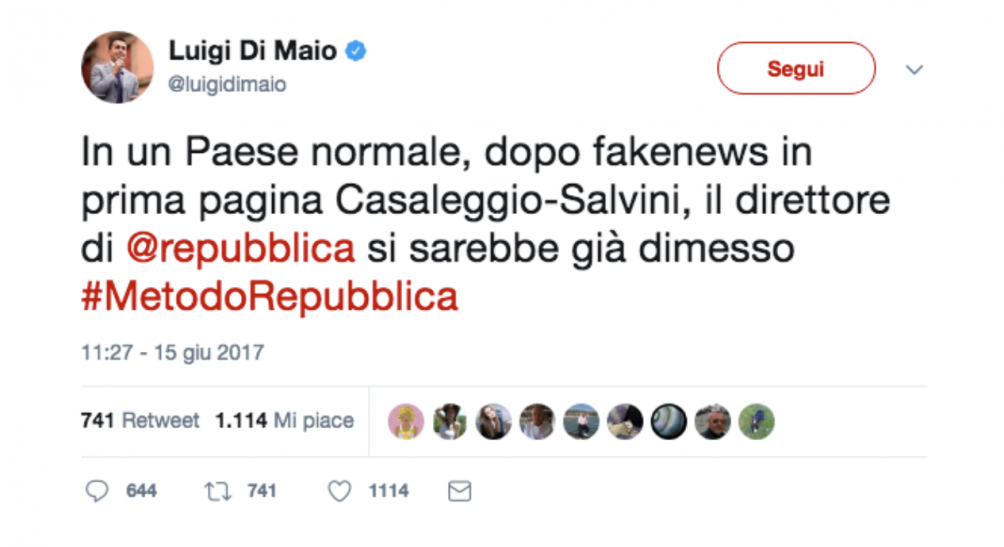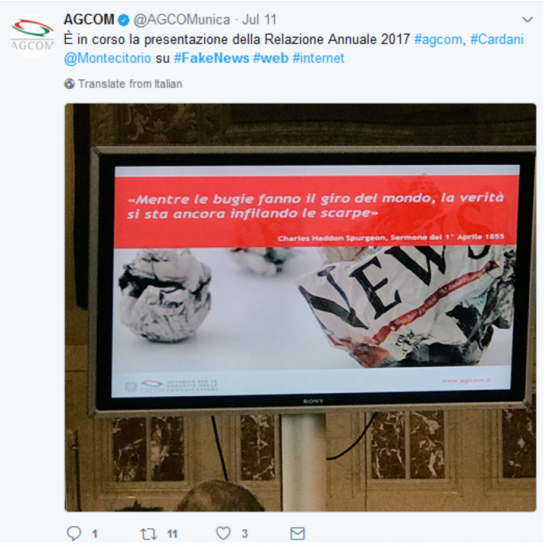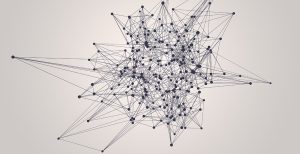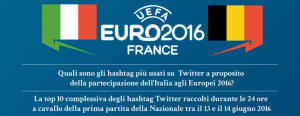Catchy’s Monthly monitoring of #fakenews hashtag on Twitter confirms that the clash between politics and the news systems always shake the web more. Yet the voice of those who are aware of the phenomenon, who want to understand its psychology and its possible solutions, is often heard. Fake News Italy is awake.

Hashtags in tweets written in Italian and containing #fakenews or “fake news”
Just as in the rest of the world, even in Italy the clash between news and politics is the core story in #fakenews matter. In the huge cauldron of the indignation, seemingly antithetical elements have assumed the same weight, going from #metodorepubblica (Repubblica’s method) to the #M5S (the populist Five Star Movement), the House Vice President #DiMaio and #PD (Democratic Party).
#MetodoRepubblica and #Pd: politics is the queen
#metodorepubblica, the most prominent hashtag in 30 days across June and July, had its peak on June 15, when the national edition of the daily newspaper La Repubblica came out stating that Davide Casaleggio (the son of the M5S founder) and Matteo Salvini (the leader of the nationalist Northern League party) had met in secret to discuss a possible alliance as a counter-attack on the PD / Forza Italia axis (Democratic Party and the centre-right Forza Italia party). The news could certainly not go unnoticed. The party leaders did not stand and started the denials by means of press and harsh social media posts. The most enthusiastic followers of the Five Star Movement and Northern League party raced to defend the purity of their leaders.
The newspaper founded by Eugenio Scalfari was charged with fake news publication: a “sick method that is the death of the newsmaking”, as emphasized by Casaleggio on his blog. Luigi Di Maio tweeted: “In a normal country, after the front page fakenews on Casaleggio-Salvini, the editor of @repubblica would already have quitted”

In the world of Italian journalism the word “method” to indicate dubious editorial strategies was not new. Though, that was the first time that the production of fake news was denounced as a real editorial method. 24 hours later, the managing editor of the newspaper Mario Calabresi signed an op-ed in response entitled “The Repubblica method and double morality”.
Fake news, I care: #smmdayit, #superquark and Agcom
The plague of rampant conspiracy and the consequent resort to #fakenews took center stage on Twitter also with #smmdayit and #superquark. The former is the acronym of the Social Media Marketing Day held in Milan on June 14th which gathered experts discussing long about the question of reliability of daily information.
The issue was brought even to a wider audience thanks to two episode of Superquark, the popular Italian television magazine of science, nature and technology. During the episode aired on June 28 the historical host Piero Angela tried to give some insight into the widespread “psychology of hoaxes”. Showing many signs of positive sentiment, June 28 was not just the peak date for the #Superquark hashtag: it also was the second highest peak in 30 days for the #fakenews hashtag.
The third most significant peak of the month was registered on July 11. On that date, Agcom (the Italian Communications Regulatory Authority) presented its Annual Report. During the presentation, the President Angelo Marcello Cardani chose to stand openly in favor of authoritative regulation of the online phenomenon of mendacious information, as well as against the self-regulation of big network players. While they allow the development of useful algorithms for the removal of false information – Cardani said- they also are the main users of free information provided by search engines algorithms. The hope for the future of fake news, therefore, would be a bottom-up self-regulation that sees the direct participation of those who are actually hurt by false news or defamation.

The wake of the awareness arose by prominent events as #Superquark, #smmdayit and Agcom’s Annual Report clearly shows that the Italian people on social media do not just undergo the phenomenon of fake news, yet they deliberately question about the unhealthy psychology that lies behind misguided information as well as the possibility to conceive regulatory solutions.









